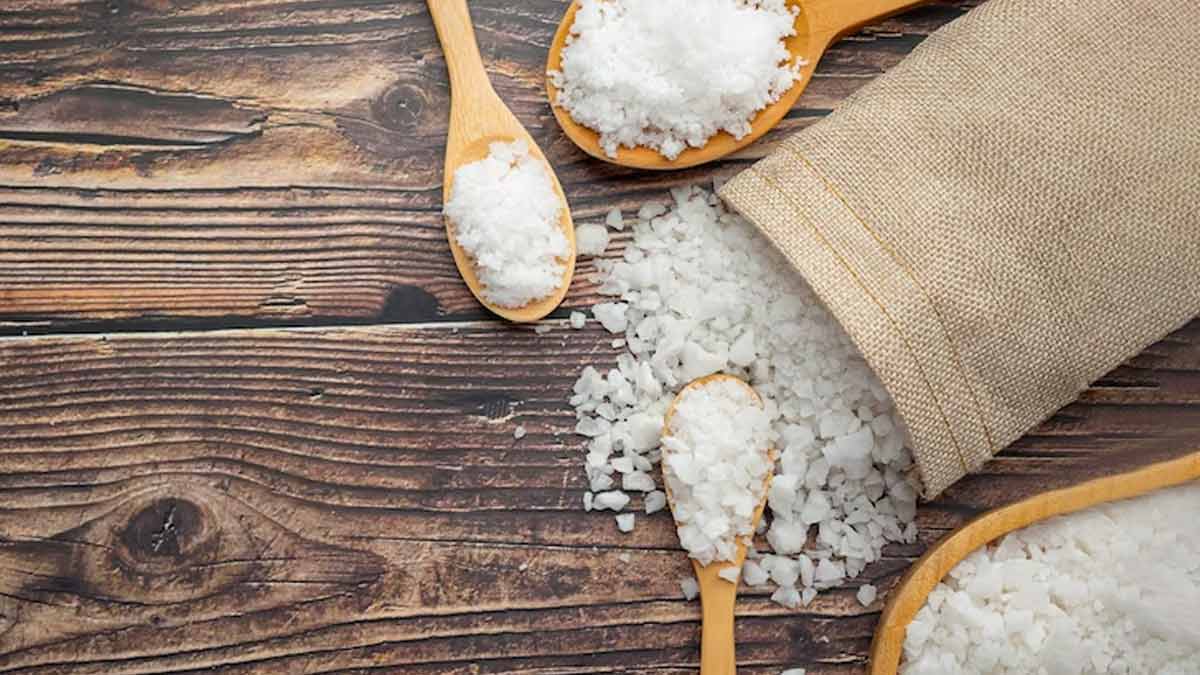
Salt is an essential nutrient that is found in almost every food we eat. It is a critical component of our body's electrolyte balance and plays a vital role in nerve and muscle function. However, excessive salt intake can lead to health issues like high blood pressure, heart disease, and stroke. As a result, many people have started cutting out salt completely from their diets to prevent these health issues. While reducing salt intake is beneficial, completely eliminating salt from your diet can have significant effects on your body. In this article, we will explore what happens in the body when you cut out salt completely.
First and foremost, it is important to understand that the body needs a certain amount of salt to function correctly. Salt is made up of two essential minerals, sodium and chloride. These minerals help regulate the body's fluid balance, aid in muscle and nerve function, and maintain proper blood pressure levels. When we eat food, our body breaks down the salt into its component minerals, which are then absorbed into the bloodstream.

Also read: 7 Tips To Safeguard Yourself Against Seasonal Flu
When you cut out salt completely, your body experiences a significant decrease in sodium and chloride levels. This can lead to an imbalance in the body's electrolyte levels, which can have a range of effects on your body. One of the most noticeable effects is dehydration. Sodium helps regulate the body's fluid balance, and without it, your body may not retain enough water, leading to dehydration. Dehydration can cause symptoms like thirst, dry mouth, fatigue, dizziness, and even fainting.
In addition to dehydration, cutting out salt completely can have an impact on your cardiovascular health. Sodium plays a crucial role in regulating blood pressure. When we eat too much salt, our body retains excess water, which can increase blood volume and lead to high blood pressure. However, when we cut out salt completely, our body may not retain enough water, which can lead to low blood pressure. Low blood pressure can cause symptoms like dizziness, fainting, and even shock in severe cases.
Furthermore, a lack of sodium in the body can impact muscle and nerve function. Sodium plays a critical role in transmitting electrical impulses in the body, which are necessary for muscle and nerve function. Without enough sodium, muscle cramps and spasms can occur, and nerve function can be impaired. This can lead to symptoms like weakness, tingling, and numbness.

Also read: 7 Tips To Safeguard Yourself Against Seasonal Flu
Another potential effect of cutting out salt completely is a decreased ability to taste food. Sodium enhances the flavour of food, and without it, food may taste bland and unappetizing. This can lead to a decrease in appetite and potentially impact your nutritional intake.
While reducing salt intake is beneficial for your health, cutting out salt completely can have significant effects on your body. It can lead to dehydration, low blood pressure, impaired muscle and nerve function, and a decreased ability to taste food. Therefore, it is essential to maintain a proper balance of salt intake to ensure that your body receives the necessary nutrients it needs to function correctly. If you are considering cutting out salt from your diet, it is important to consult a healthcare professional to determine the appropriate salt intake for your individual needs.
How we keep this article up to date:
We work with experts and keep a close eye on the latest in health and wellness. Whenever there is a new research or helpful information, we update our articles with accurate and useful advice.
Current Version
